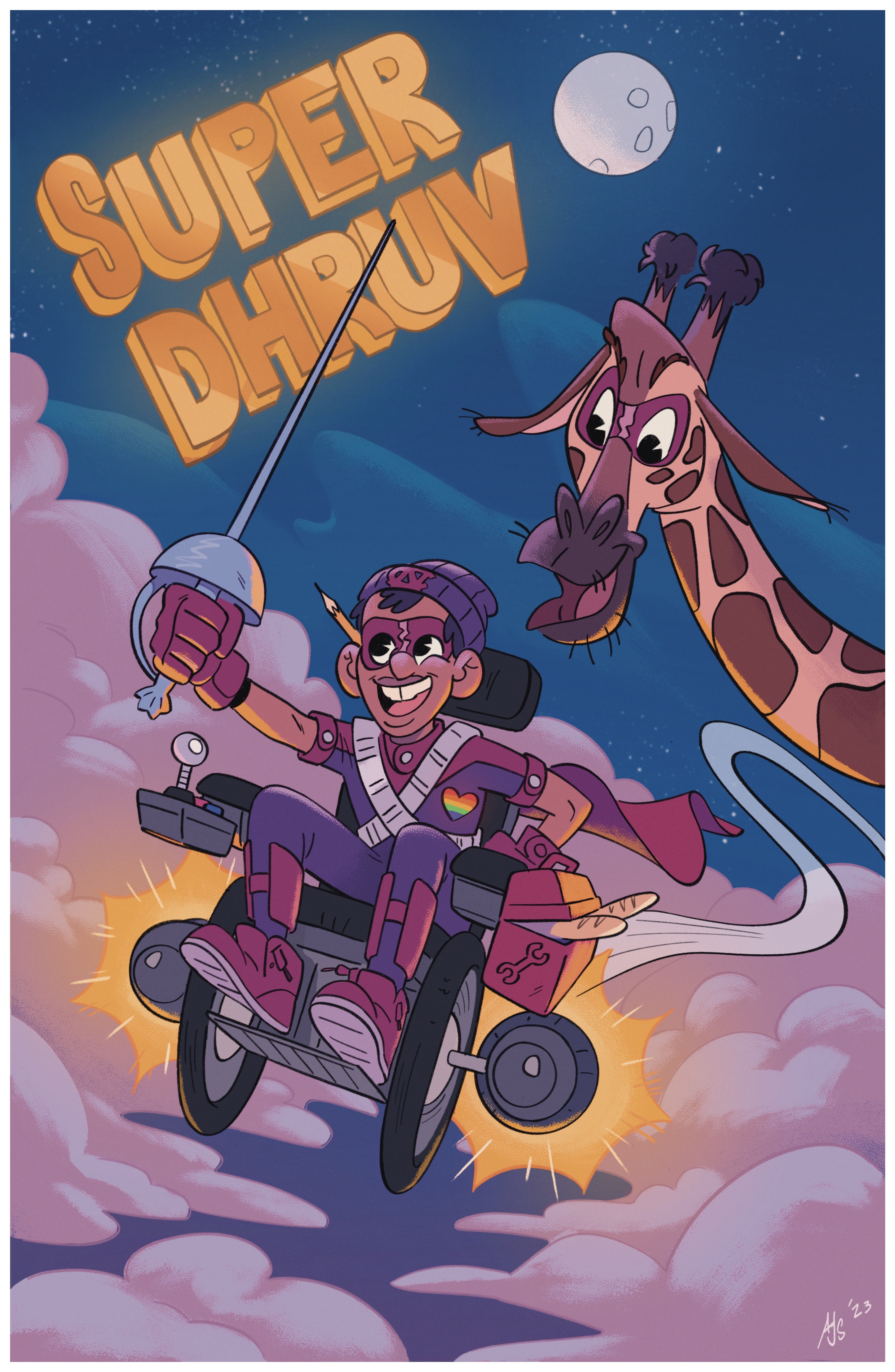Students in the illustration department are alleging that university entertainment organization DSU is intentionally punishing them for commenting on their disappointment that the group used artificial intelligence-generated art for the promotional materials advertising their Fun Stuffed event, which was held on Feb. 14.
DSU made an Instagram post featuring the art in question, whose comment section became a host for conversation–namely among students and community members criticizing the unoriginality of the art–calling the move “disrespectful.”
“(I’m) really disappointed that the school has an illustration program and yet they completely disrespect it and the students in it by using AI art instead of, oh I (don’t know), actually considering one of the students,” former Winthrop illustration student Adam Seats said. “Consider this if you are thinking of going to Winthrop,” he added.
A DSU representative responded to Seats’ comment saying, “We thank you for your passionate and concerted comment. If you were not aware, we have two designers from (the college of visual and performing arts) on our staff that work on some 60+ events in a year. They work hard to balance life, school and DSU,” they said.
“The amount of work we do requires tight deadlines and high production. We sometimes supplement with other elements to produce different pieces of material. Lastly, you have to be on the board to make our posts,” the representative said.
Responses to other comments of a similar sentiment included a Dolly Parton quote and a comment saying, “awww bears can keep you warm and bring a smile to your face. They’re cuddly and soft. We’ll even have purring devices that can simulate a cat without the risks of a live cat. That’s like so not disappointing.”
The identity of the representative(s) behind DSU’s comments is unclear. One post was deleted, and the comments were disabled on the other.
Senior illustration major, Kaelen Baur, said students are prohibited from using AI art in academic assignments, so she doesn’t understand why a university-sponsored organization should be able to use it.
She said the use of AI art in her courses would violate the terms of the plagiarism section on all of her syllabi.
The syllabus for her senior thesis II course in visual communication reads, “academic dishonesty also occurs when the fundamental goals of an assignment are subverted, and methods of design production violate project guidelines. This would include but is not limited to the following circumstances: use of a computer or other mechanical device to execute work that is directed to be done through pencil or pen and ink; use of a transfer process—chemical or physical—to reproduce designs which are directed to be rendered by hand through pencil or pen and ink, use of clip (or other prepared artwork), use of photographic image without attribution, use of computer code or algorithm not authored by student, etc.”
Nathaniel Frederick, a media law professor in the department of mass communication said, “this dilemma demonstrates the complexity of media law and technology, and that the law has not caught up with technology. Our way of thinking about ethics and technology is an evolving phenomenon.”
Seats said he thought it was especially insensitive to use AI art while its legitimacy was being debated in the United States Copyright Office. The office ruled that AI art cannot be copyrighted on Feb. 14.
Both Seats and Baur said that each of the applicants who sought to table at WUCON who also commented in opposition under the aforementioned Instagram posts were all rejected.
Application results were released 12 days ahead of the actual event, which Baur said is not enough time to get outsourced products like buttons and stickers back to the artist. She said that in her experience, the process usually takes two and a half to three weeks.
Seats said the same and estimated that he had lost a chance to sell about $1,100 in stock.
An anonymous DSU board member said the AI poster, and the assertion that no one who commented negatively under the original posts would be accepted to vend were at first presented among board members as jokes.
They said they offered to create a poster design for Fun Stuffed, but because the AI design was already made, it was posted against their advice not to do so.
According to the anonymous board member, DSU will no longer be using AI in their advertisements.
They also said that when they asked leadership if they could share their table at WUCON, they were told that the traditions and special events committee had chosen specific vendors to promote a variety of products, and that sharing tables would go against the committee’s efforts to “curate” the experience.
DSU’s traditions and special events chair, Rosie Seidl sent an email to vendors addressing tabling requirements which said, “We have accepted each of you because we valued your art and what you stated in your application. We want to ensure each of you has the chance to show off your hard work and maximize potential customers. Sharing a table will go against our trust in you and thus lead to your inability to remain at the event.”
The message also banned selling work with depictions of “profanity and vulgarity,” calling WUCON a family-friendly event.
The vendor application asked artists to provide a sample and brief description of their work, their opinion on the value of WUCON to the community and why they want to be a vendor.
It remains unclear exactly who was responsible for selecting successful applicants.
Willie Bush, DSU’s assistant for campus programs and events, has not responded to The Johnsonian’s request for comment as of March 28.




